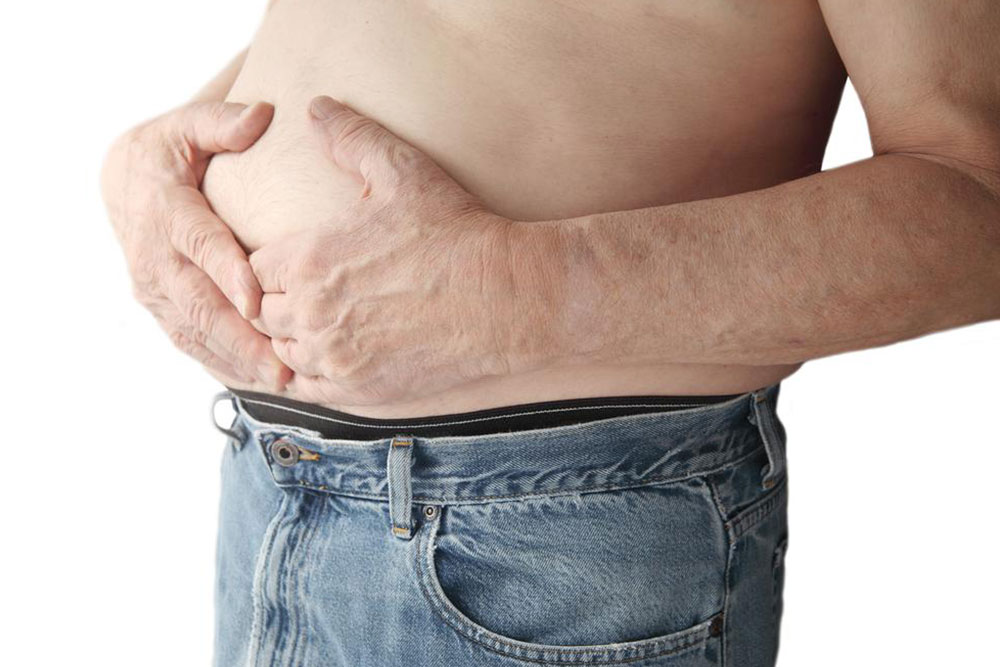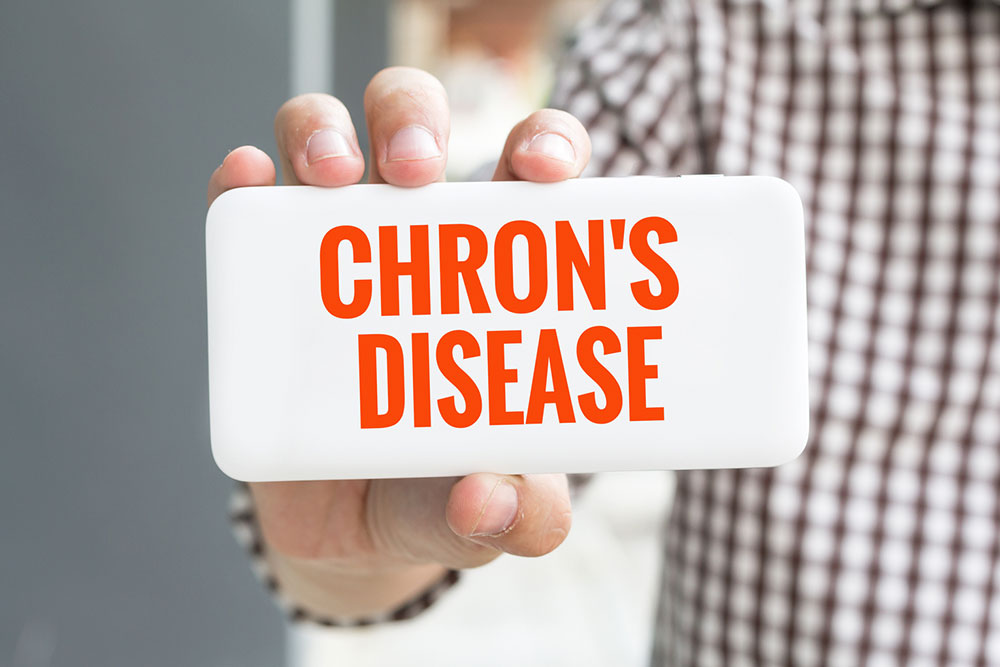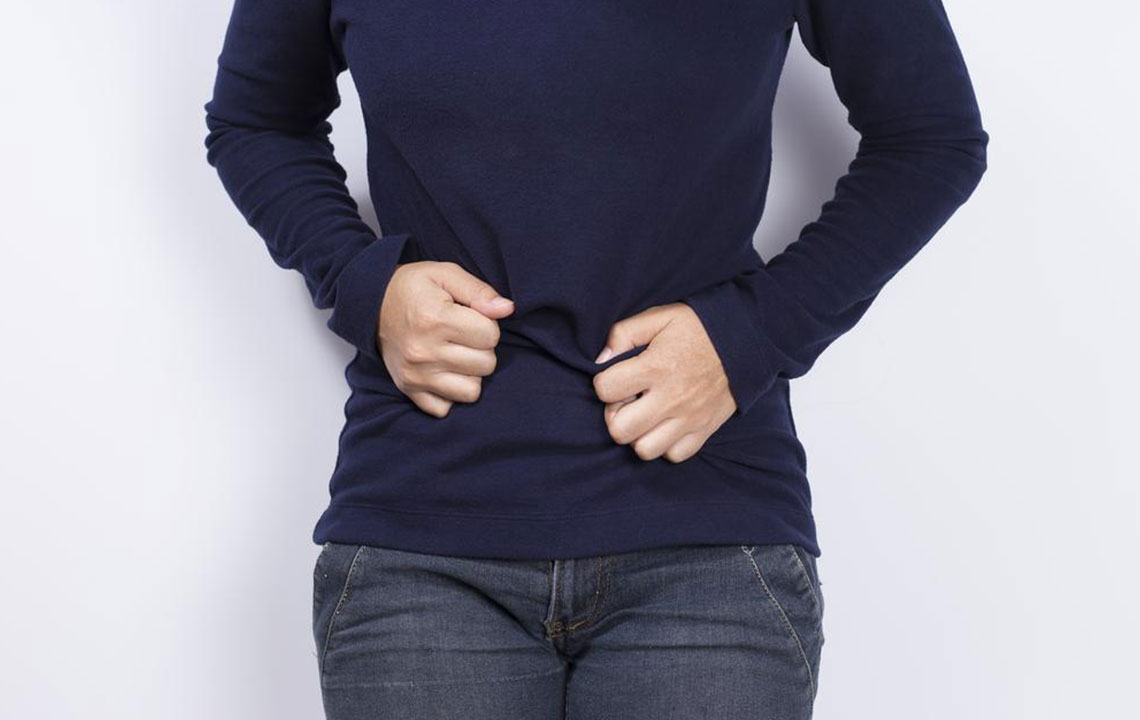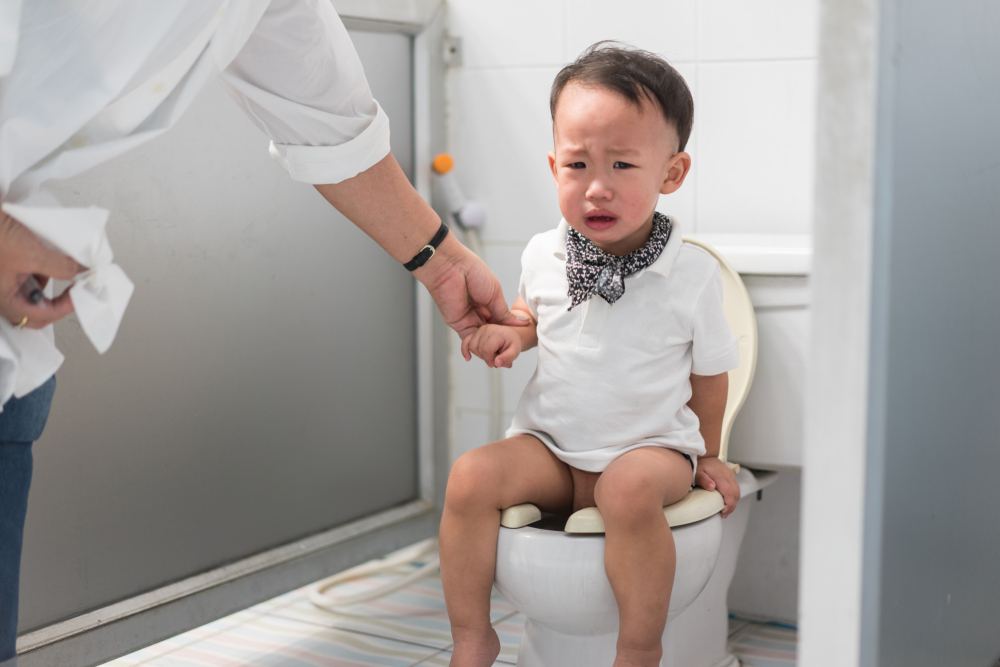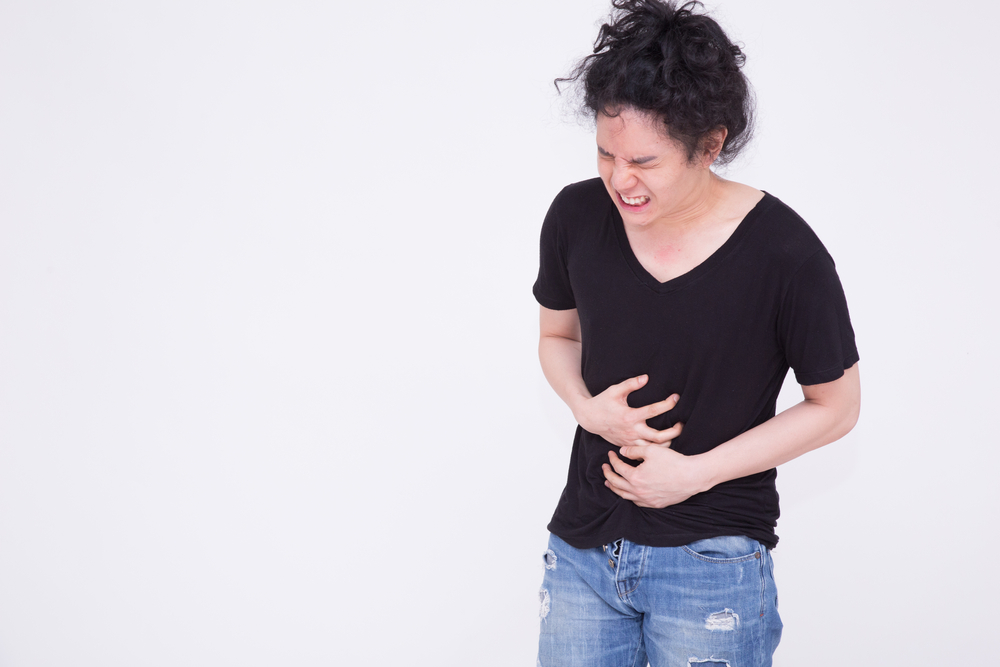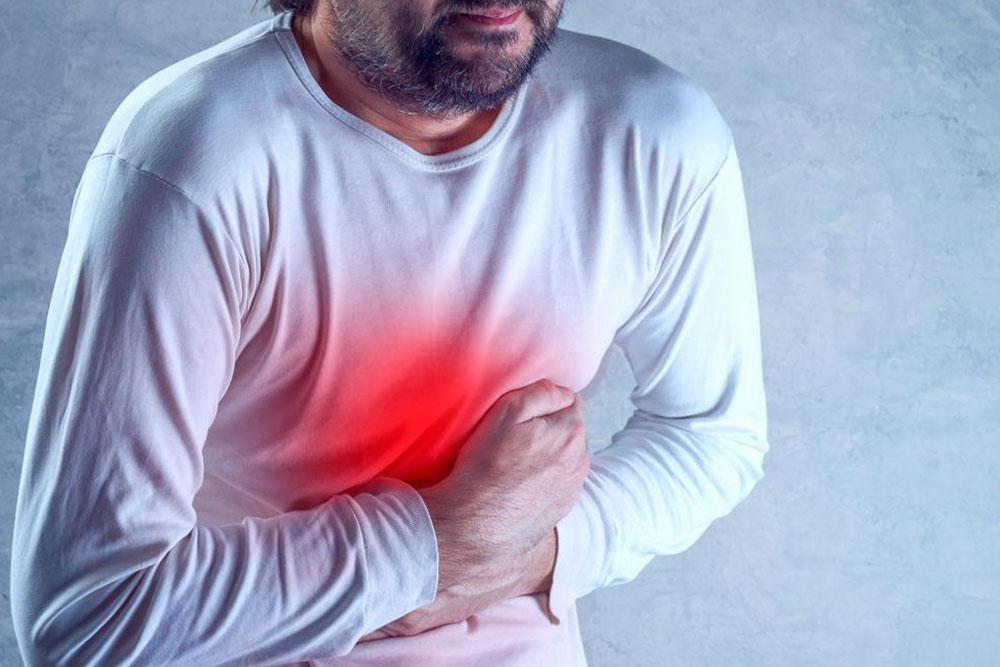Comprehensive Guide to Managing Diverticulitis
Learn everything about diverticulitis, from causes and symptoms to treatment options. Discover how diet, age, and lifestyle influence this condition and explore effective management strategies, including home remedies and surgical options. Maintaining awareness and following medical advice can prevent recurrence and ensure better digestive health.
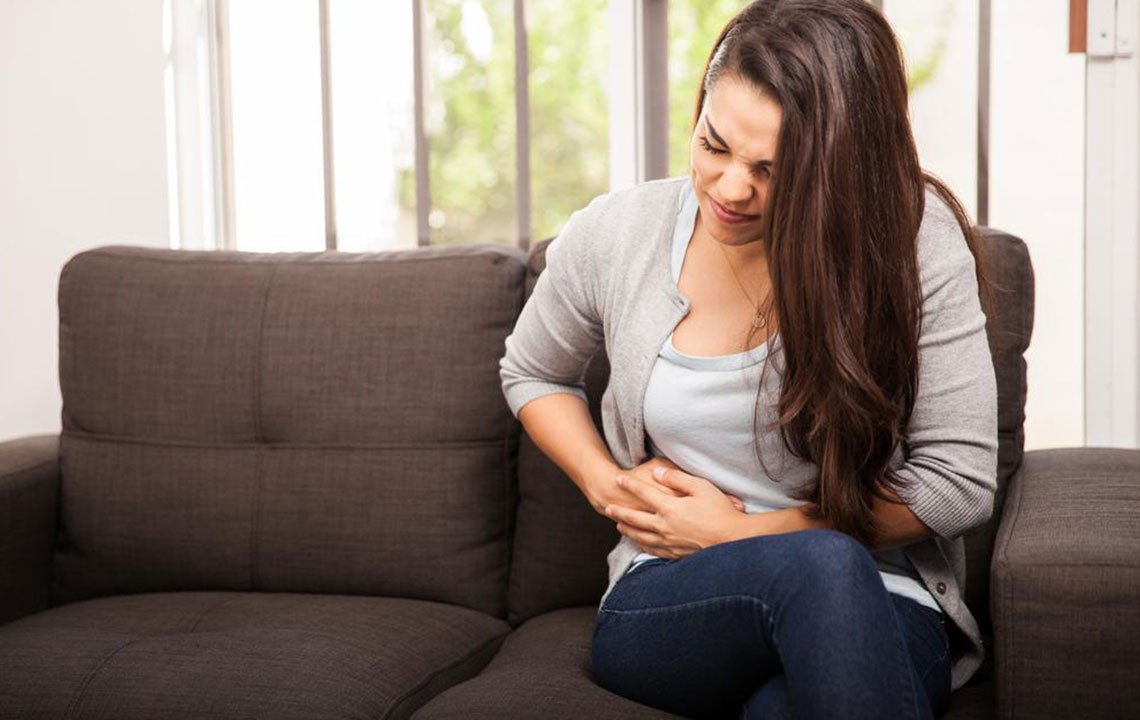
Understanding and Managing Diverticulitis
Diverticulitis occurs when small pouches in the large intestine, known as diverticula, become inflamed or infected. These pouches, which resemble tiny sacs, are called diverticulosis when quiescent. The condition mostly affects individuals over 40 years old and commonly develops in the sigmoid colon, though it can appear anywhere in the digestive tract.
Signs and Symptoms
Diverticulitis may present as sudden, intense infection episodes or a persistent condition. Chronic cases can cause complications like bowel blockages, constipation, abdominal bloating, pain on the lower left side, nausea, vomiting, poor appetite, and rectal bleeding.
Possible Causes
Diet deficient in fiber and high processed foods leading to hard stools that damage intestinal walls.
Persistent constipation causing increased strain and diverticula formation.
Obesity contributing to higher risk due to increased abdominal pressure.
Advancing age weakening the intestinal walls, increasing vulnerability to pouches.
Management and Treatment
Based on symptom severity, treatment can be home-based or require hospital care. Recommendations include:
Rest: Avoid physical exertion for 3-4 days to promote healing.
Dietary Adjustments: Start with a liquid diet such as broths and clear soups to lessen bowel stress. Switch to a low-fiber diet temporarily to prevent aggravating the condition.
Medications: Use prescribed antibiotics like ciprofloxacin and metronidazole, along with over-the-counter pain relievers like acetaminophen, to control infection and pain.
If symptoms worsen or persist, medical evaluation is necessary. Tests such as blood work, imaging, and endoscopy help confirm diagnosis. In severe cases or recurrent infections, surgical options like colectomy or abscess drainage might be recommended. Lifestyle changes and adherence to medical advice are key to preventing recurrence.
Note:
Our website offers informative content based on research but should not replace professional medical advice. Always consult a healthcare provider for diagnosis and personalized treatment plans. We do not assume responsibility for discrepancies or specific treatment outcomes.

